Code
HCS28286
Weight
2.4 Kg / 5.29 lbs
Size
Height
23cm (9") Width
20cm (8") Depth
12cm (5") Material
Copper
Availability
Available

Safe Payment
We accept Paypal, Money Transfer, Bank Transfer
Confidence
Protection covers your purchase and personal data.
Worldwide Delivery
We ship Worldwide, except Russia.Shipping cost US$25.2 for upto 0.5 kgs

Hotline
Talk to help line for your question on 9841267335Silver and Chocolate Oxidized
The Buddhist Handmade Statue Of Tibetan Protector God, [silver And Chocolate Oxidized] features a captivating combination of partly silver plating and dark oxidation. This unique finishing technique combines the lustrous shine of silver with the rich, deep tones achieved through oxidation. In the process of creating this finish, selected areas of the Buddhist Handmade Statue Of Tibetan Protector God, [silver And Chocolate Oxidized] are expertly silver-plated, creating a radiant and reflective surface that catches the light. The remaining areas are intentionally oxidized, resulting in a darkened patina that adds depth and character to the piece. Read More . . .
The Buddhist Handmade Statue Of Tibetan Protector God, [silver And Chocolate Oxidized] features a captivating combination of partly silver plating and dark oxidation. This unique finishing technique combines the lustrous shine of silver with the rich, deep tones achieved through oxidation. In the process of creating this finish, selected areas of the Buddhist Handmade Statue Of Tibetan Protector God, [silver And Chocolate Oxidized] are expertly silver-plated, creating a radiant and reflective surface that catches the light. The remaining areas are intentionally oxidized, resulting in a darkened patina that adds depth and character to the piece. Read More . . .
Lost-Wax System
This Gyalpo [kings] of Buddhist Handmade Statue Of Tibetan Protector God, [silver And Chocolate Oxidized] is made by the process of the Lost Wax system. This is a very complicated, time consuming and historic process of making metal sculptures.Which is why it is sometimes called Precision Casting as well. Hence the sculptures made by this process are comparatively expensive. There are many new, advanced and less time consuming methods of casting metal sculptures available as well. But due to the benefits provided by the traditional lost wax system in quality control and customization, we prefer the Loss wax system over Ceramic molding, or sand casting to make our Gyalpo [kings].
Below we have tried to illustrate the process of making a loss wax system statue: Read More . . .
This Gyalpo [kings] of Buddhist Handmade Statue Of Tibetan Protector God, [silver And Chocolate Oxidized] is made by the process of the Lost Wax system. This is a very complicated, time consuming and historic process of making metal sculptures.Which is why it is sometimes called Precision Casting as well. Hence the sculptures made by this process are comparatively expensive. There are many new, advanced and less time consuming methods of casting metal sculptures available as well. But due to the benefits provided by the traditional lost wax system in quality control and customization, we prefer the Loss wax system over Ceramic molding, or sand casting to make our Gyalpo [kings].
Below we have tried to illustrate the process of making a loss wax system statue: Read More . . .
Brief Introduction :
In Buddhist iconography, various deities and symbols are used to represent different aspects of the Buddha's teachings and different stages of the path to enlightenment. While many of these deities are widely recognized across different Buddhist cultures, the names and specific characteristics of some may be unknown or subject to variation. As such, it can be difficult to accurately identify every deity depicted in Buddhist art.
To ensure that your website provides accurate information about the statues and icons you feature, it may be helpful to describe these deities as "unidentified" rather than assigning them incorrect names or characteristics. It is also important to note that different traditions and cultures may have their own interpretations of Buddhist iconography, so it may be valuable to consult with experts in the field or include a disclaimer on your website regarding the potential for variation in identification and interpretation.
To ensure that your website provides accurate information about the statues and icons you feature, it may be helpful to describe these deities as "unidentified" rather than assigning them incorrect names or characteristics. It is also important to note that different traditions and cultures may have their own interpretations of Buddhist iconography, so it may be valuable to consult with experts in the field or include a disclaimer on your website regarding the potential for variation in identification and interpretation.


![Buddhist Handmade Statue Of Tibetan Protector God, [silver And Chocolate Oxidized]](https://handicraftseller.com/uploads/pics/product/thumb/2023/02/28286.jpg)
![Buddhist Handmade Statue Of Tibetan Protector God, [silver And Chocolate Oxidized]](https://handicraftseller.com/uploads/pics/product/thumb/2023/02/28286_0.jpg)
![Buddhist Handmade Statue Of Tibetan Protector God, [silver And Chocolate Oxidized]](https://handicraftseller.com/uploads/pics/product/thumb/2023/02/28286_1.jpg)
![Buddhist Handmade Statue Of Tibetan Protector God, [silver And Chocolate Oxidized]](https://handicraftseller.com/uploads/pics/product/thumb/2023/02/28286_2.jpg)
![Buddhist Handmade Statue Of Tibetan Protector God, [silver And Chocolate Oxidized]](https://handicraftseller.com/uploads/pics/product/thumb/2023/02/28286_3.jpg)
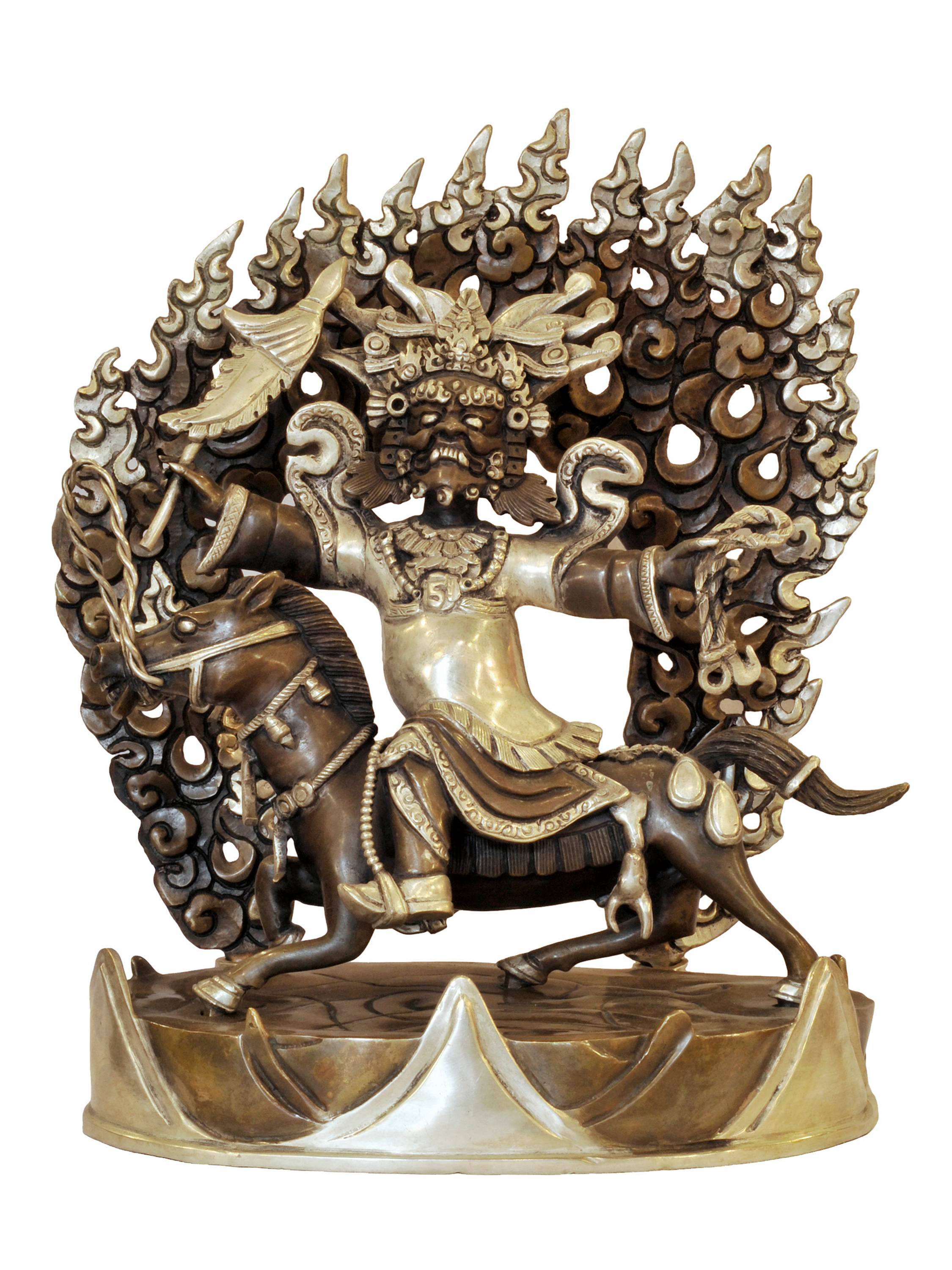

























































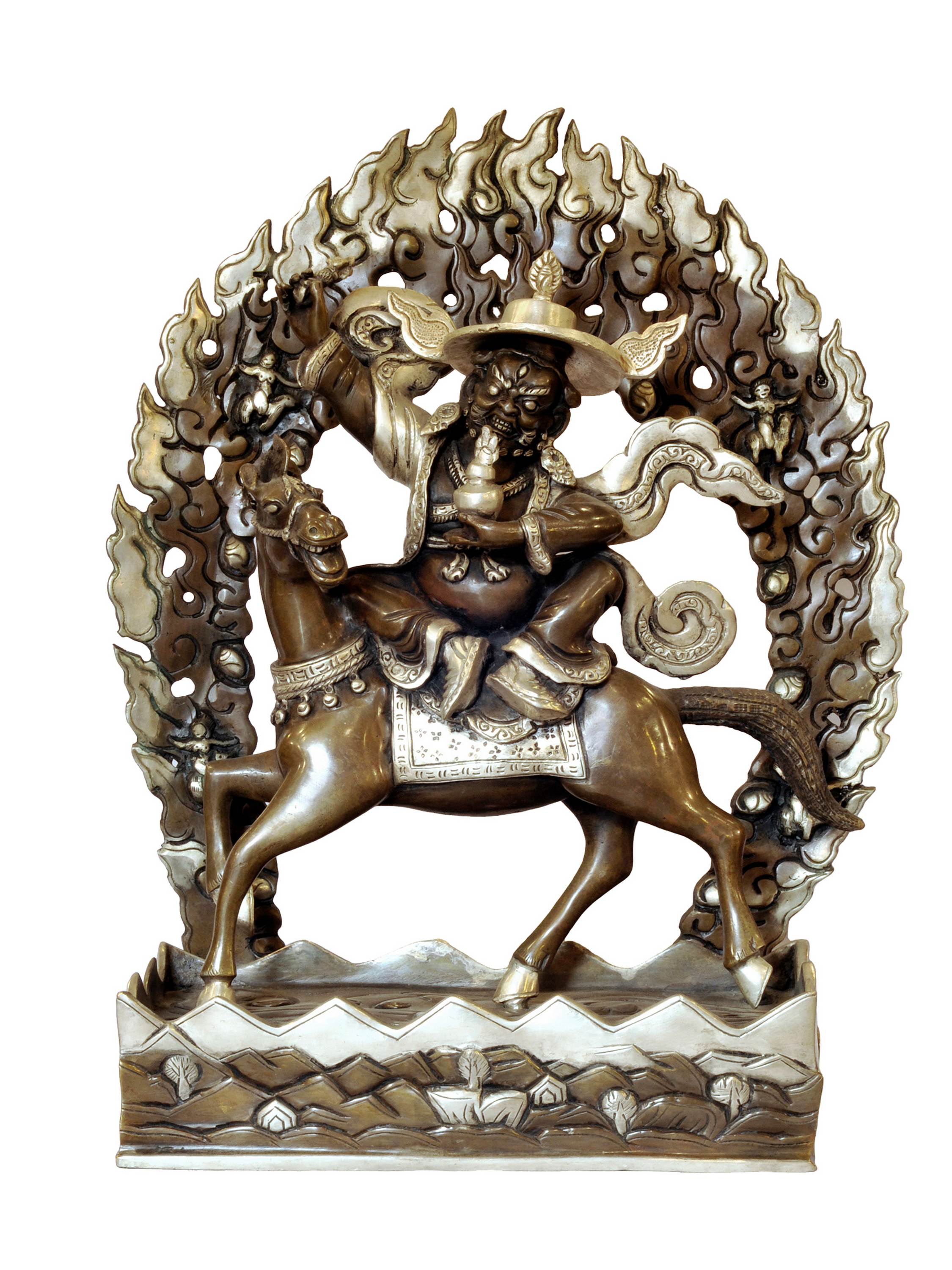 of Tibetan Protector God, Gyalpo Pehar
of Tibetan Protector God, Gyalpo Pehar 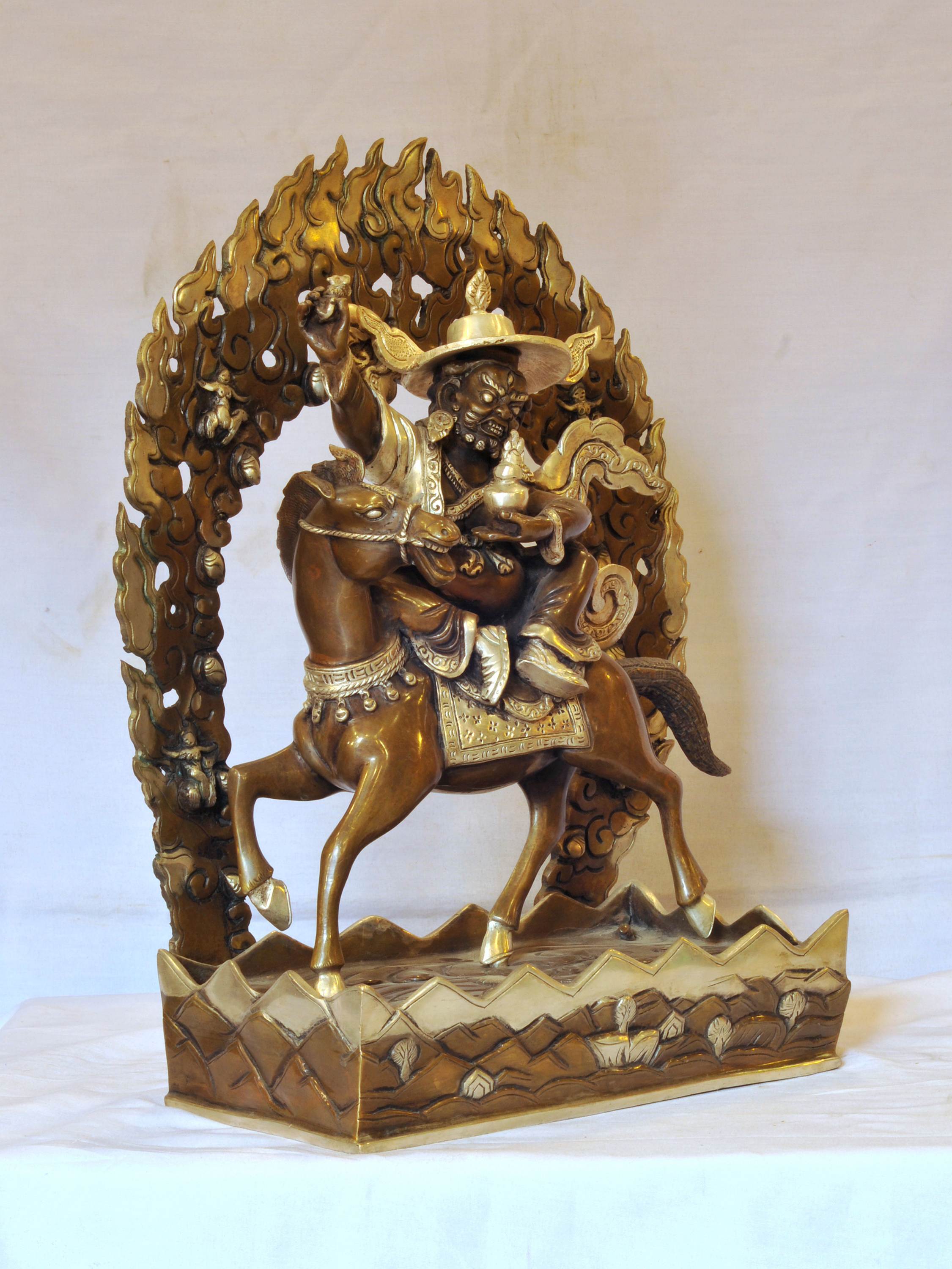 of Tibetan Protector God, Gyalpo Pehar
of Tibetan Protector God, Gyalpo Pehar  of Tibetan Protector Deities,
of Tibetan Protector Deities, 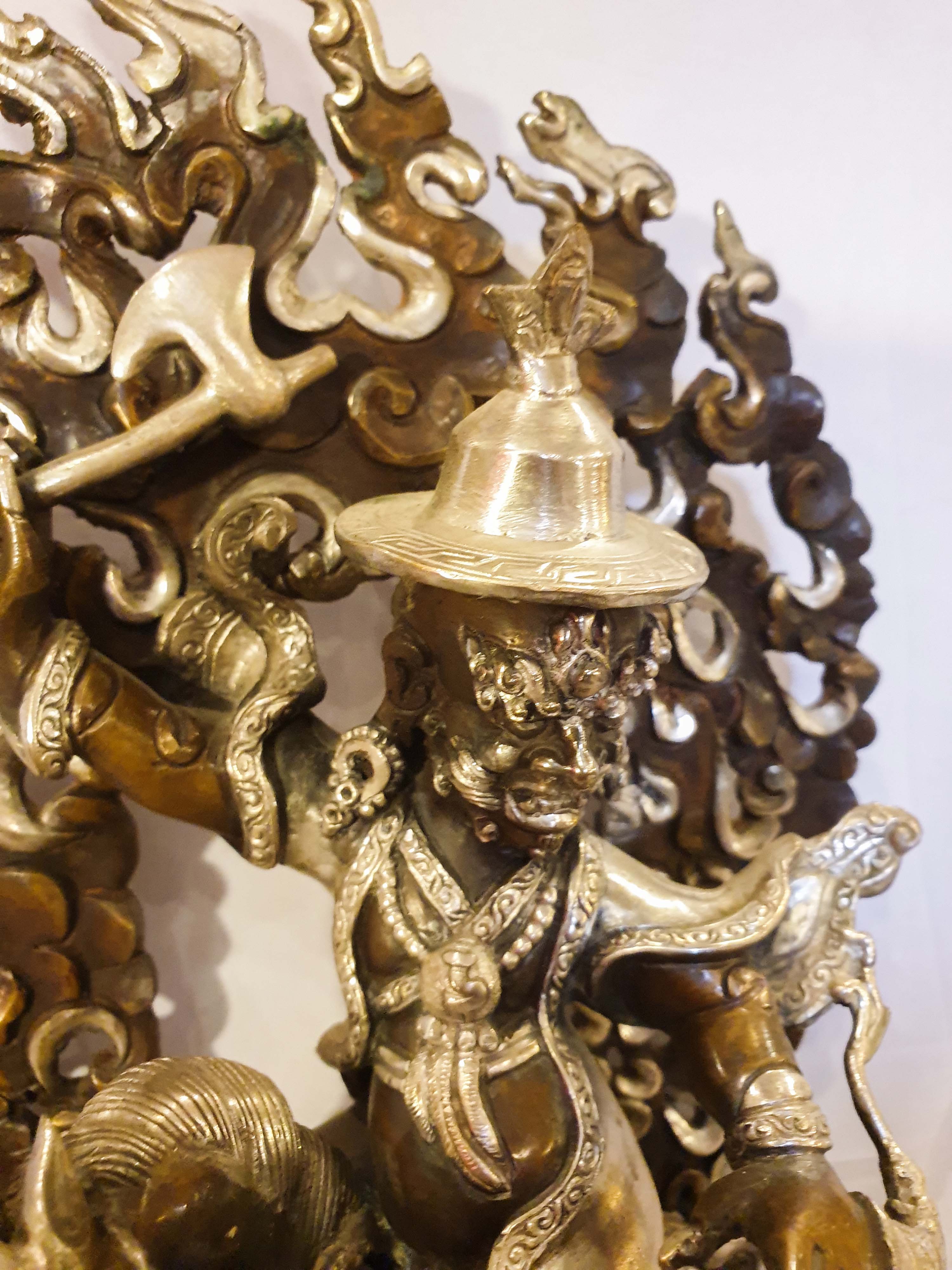 of Tibetan Protector Deities,
of Tibetan Protector Deities,  of Marutse
of Marutse 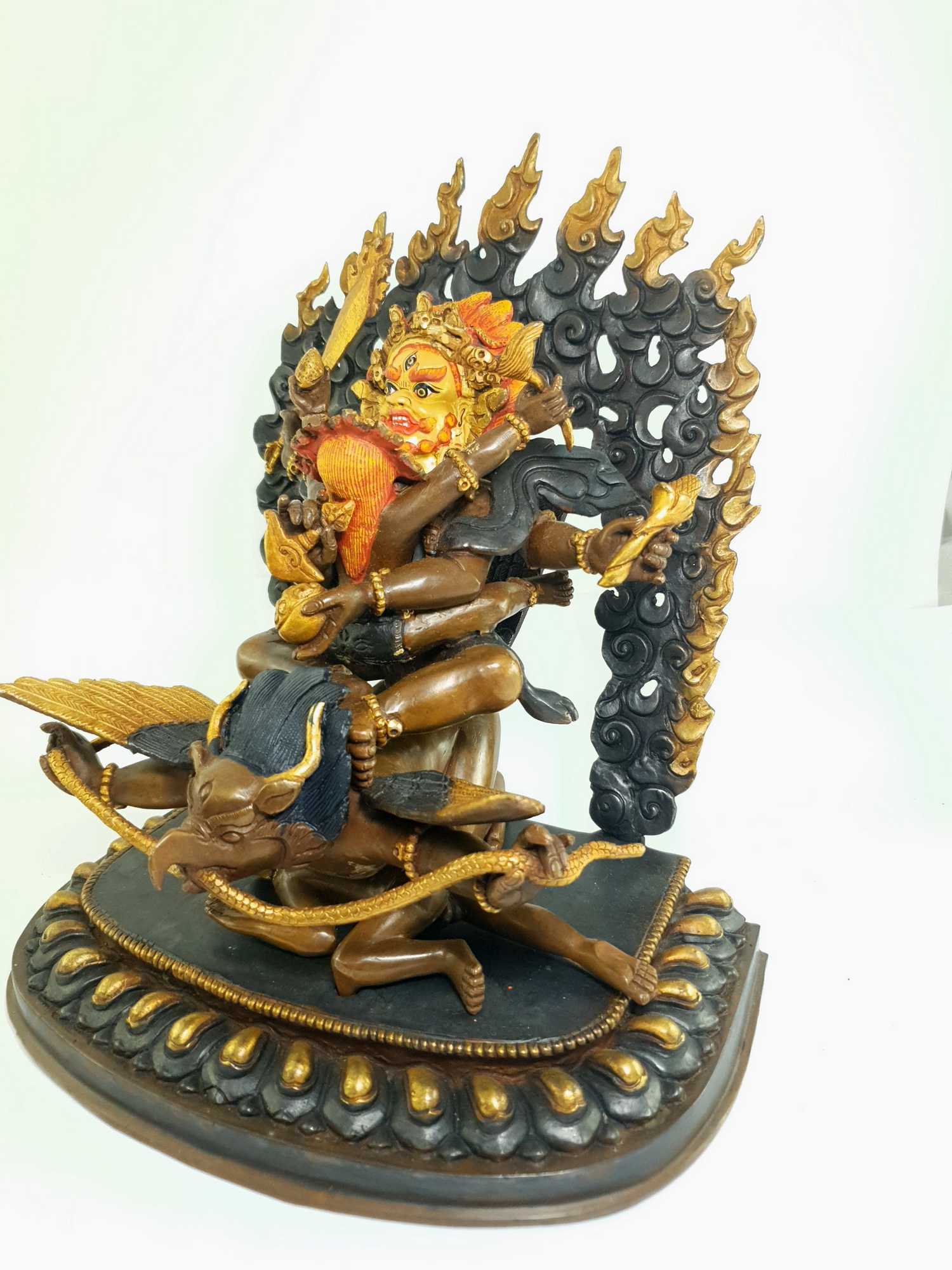 of Marutse
of Marutse  of Tibetan Protector Deities,
of Tibetan Protector Deities, 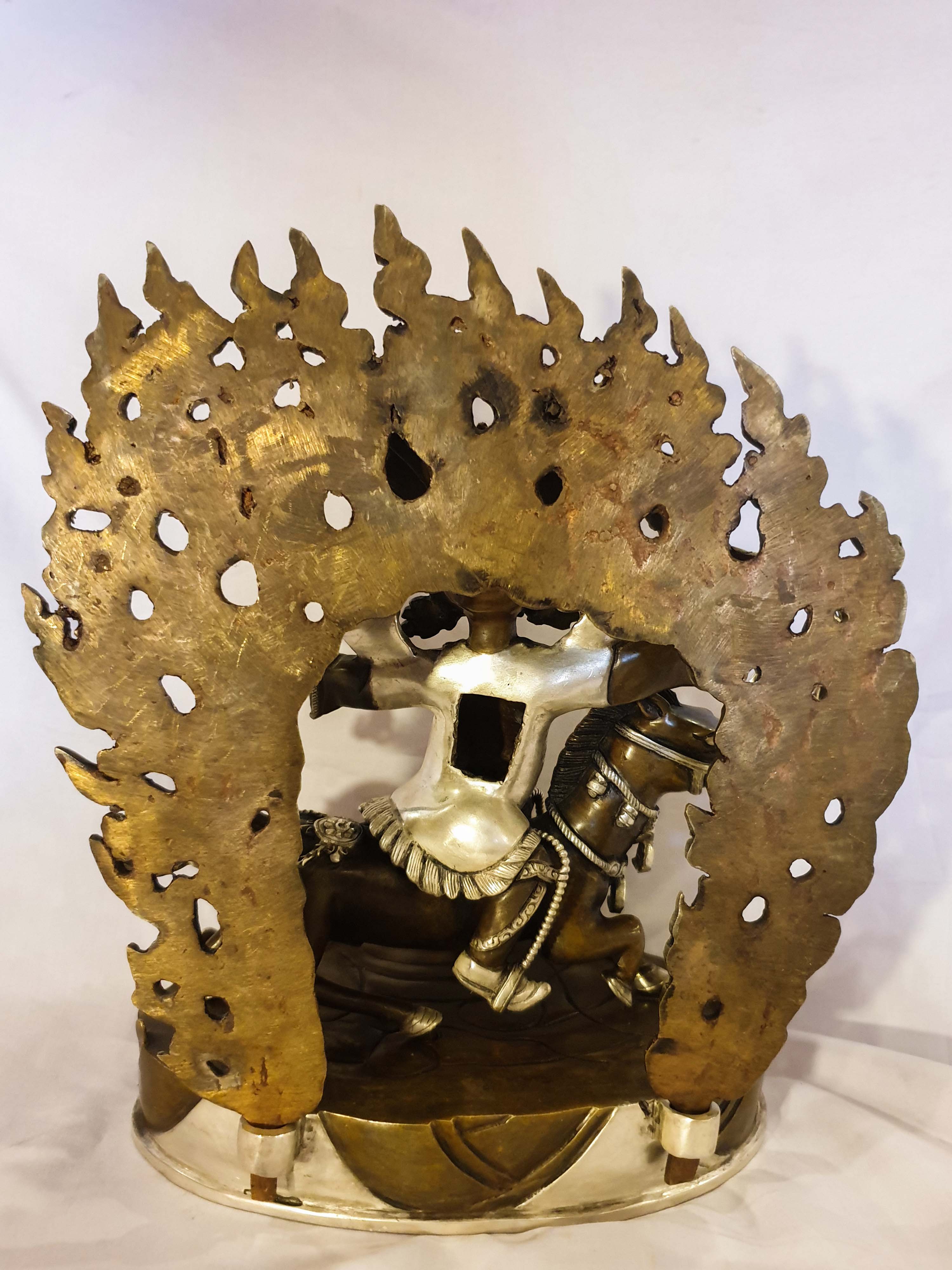 of Tibetan Protector Deities,
of Tibetan Protector Deities, 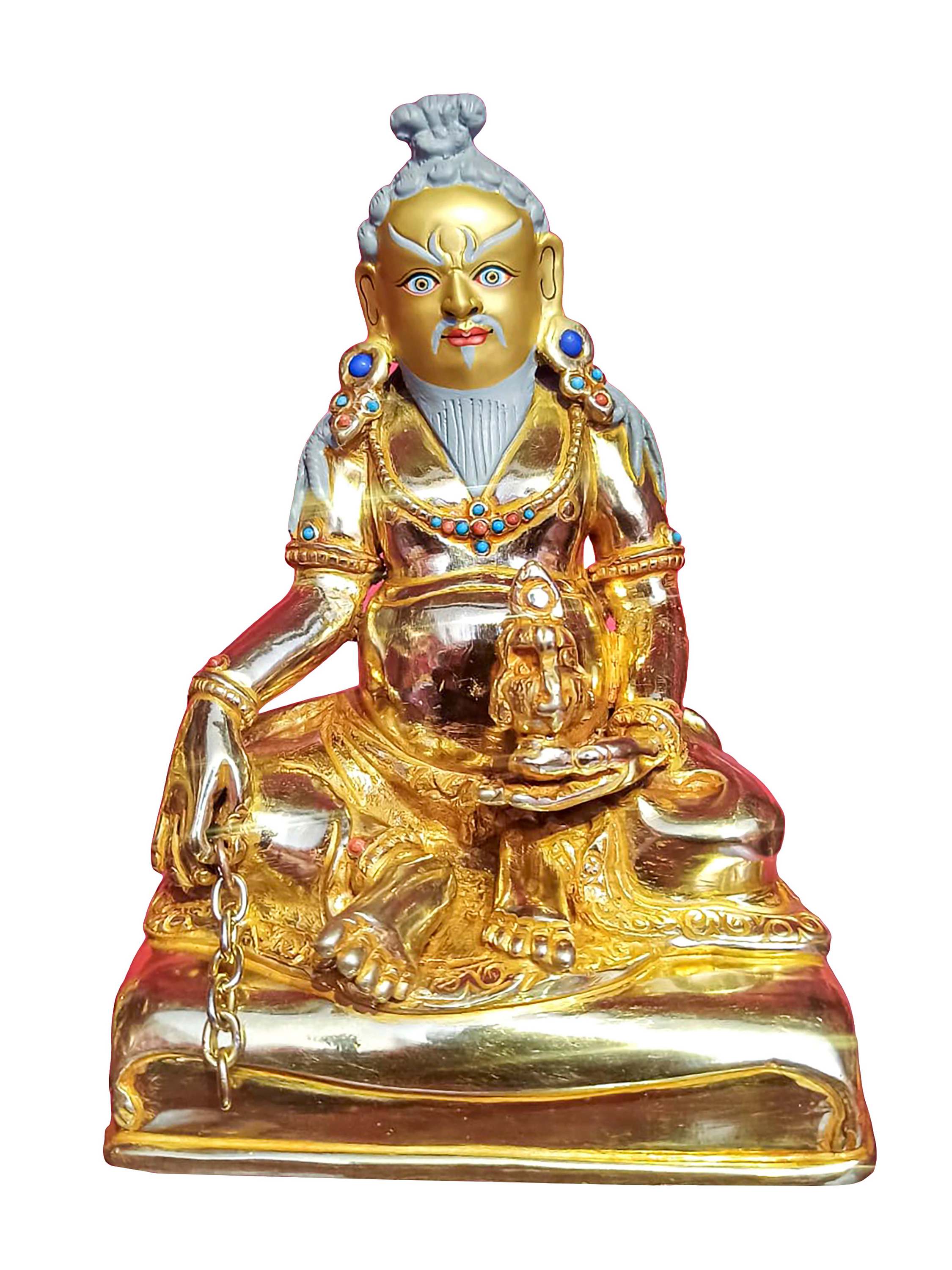 of Thang Thong Gyalpo,
of Thang Thong Gyalpo, 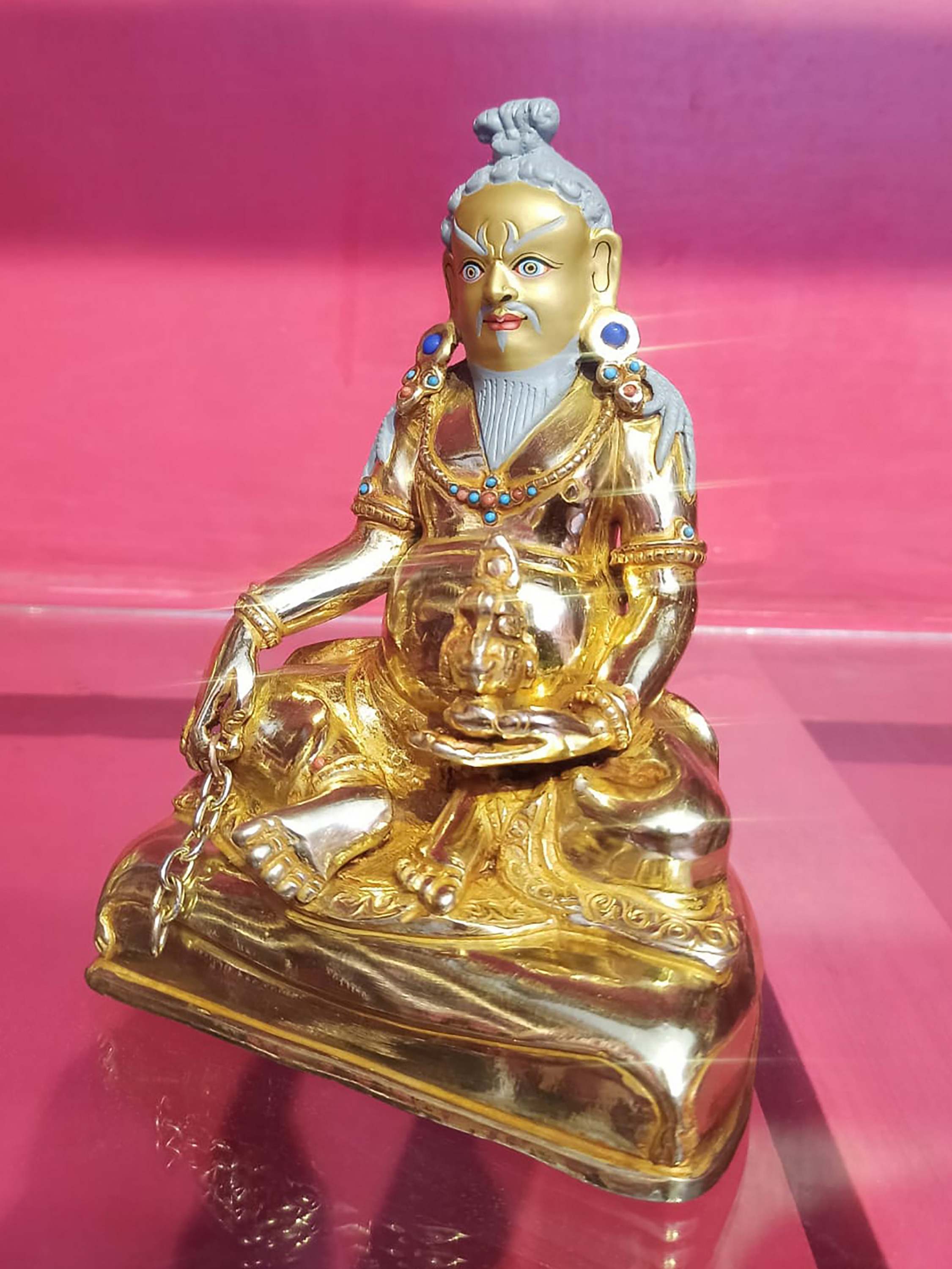 of Thang Thong Gyalpo,
of Thang Thong Gyalpo, 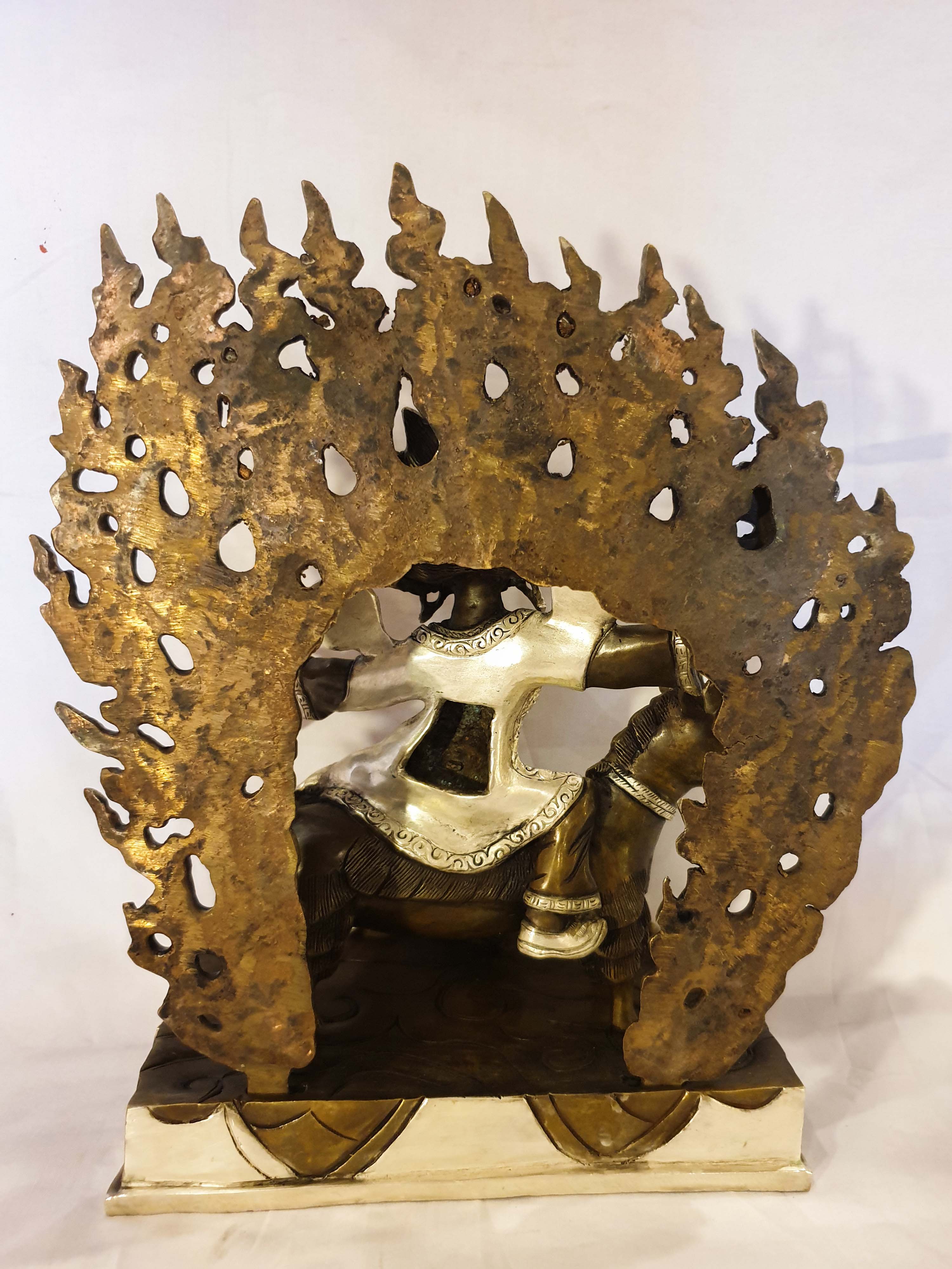 of Tibetan Protector Deities,
of Tibetan Protector Deities, 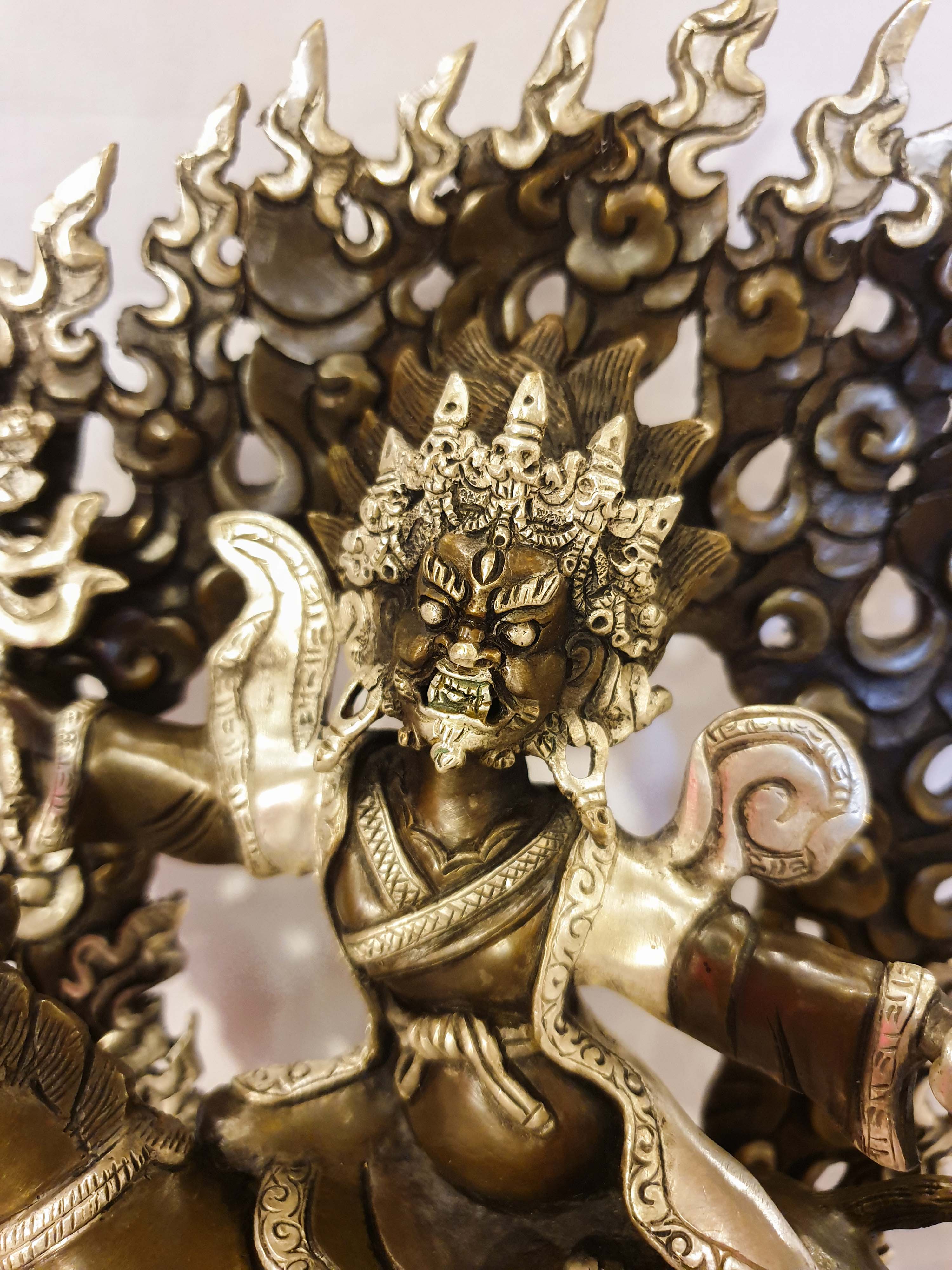 of Tibetan Protector Deities,
of Tibetan Protector Deities,  of Tibetan Protector God,
of Tibetan Protector God, 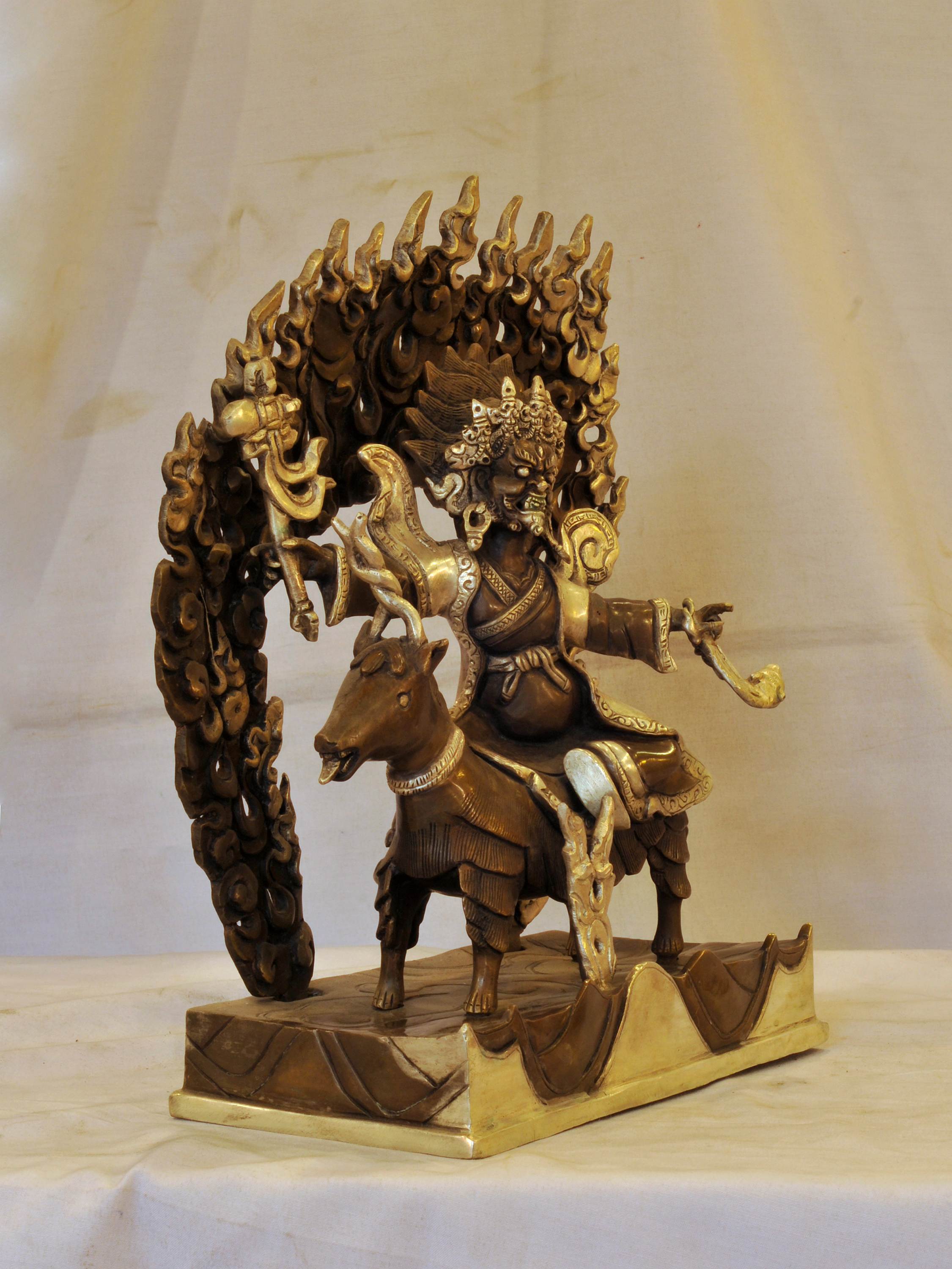 of Tibetan Protector God,
of Tibetan Protector God,  of Tibetan Protector Deities,
of Tibetan Protector Deities, 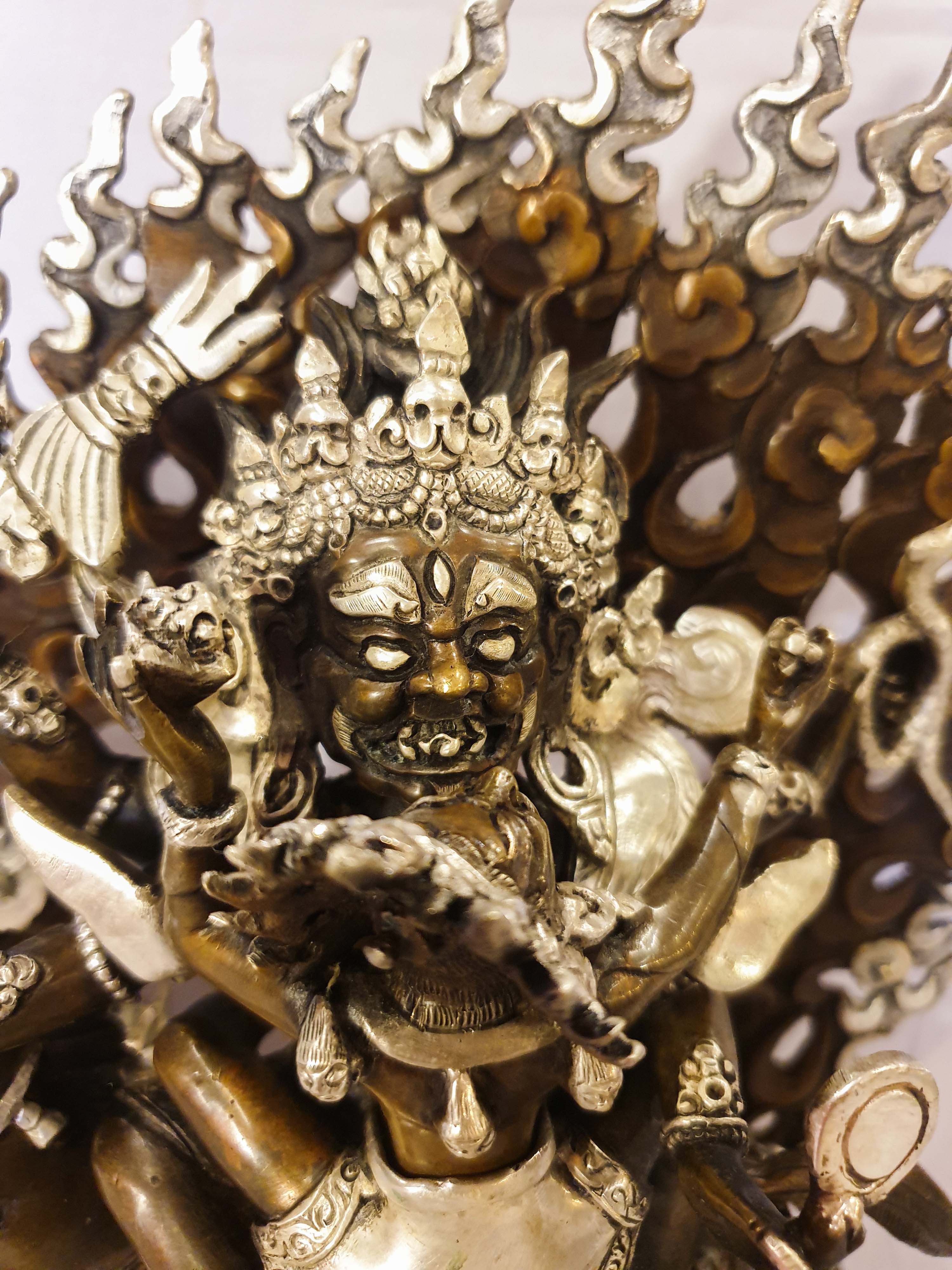 of Tibetan Protector Deities,
of Tibetan Protector Deities,  Master Quality Copper Statue Gyalpo Pehar
Master Quality Copper Statue Gyalpo Pehar 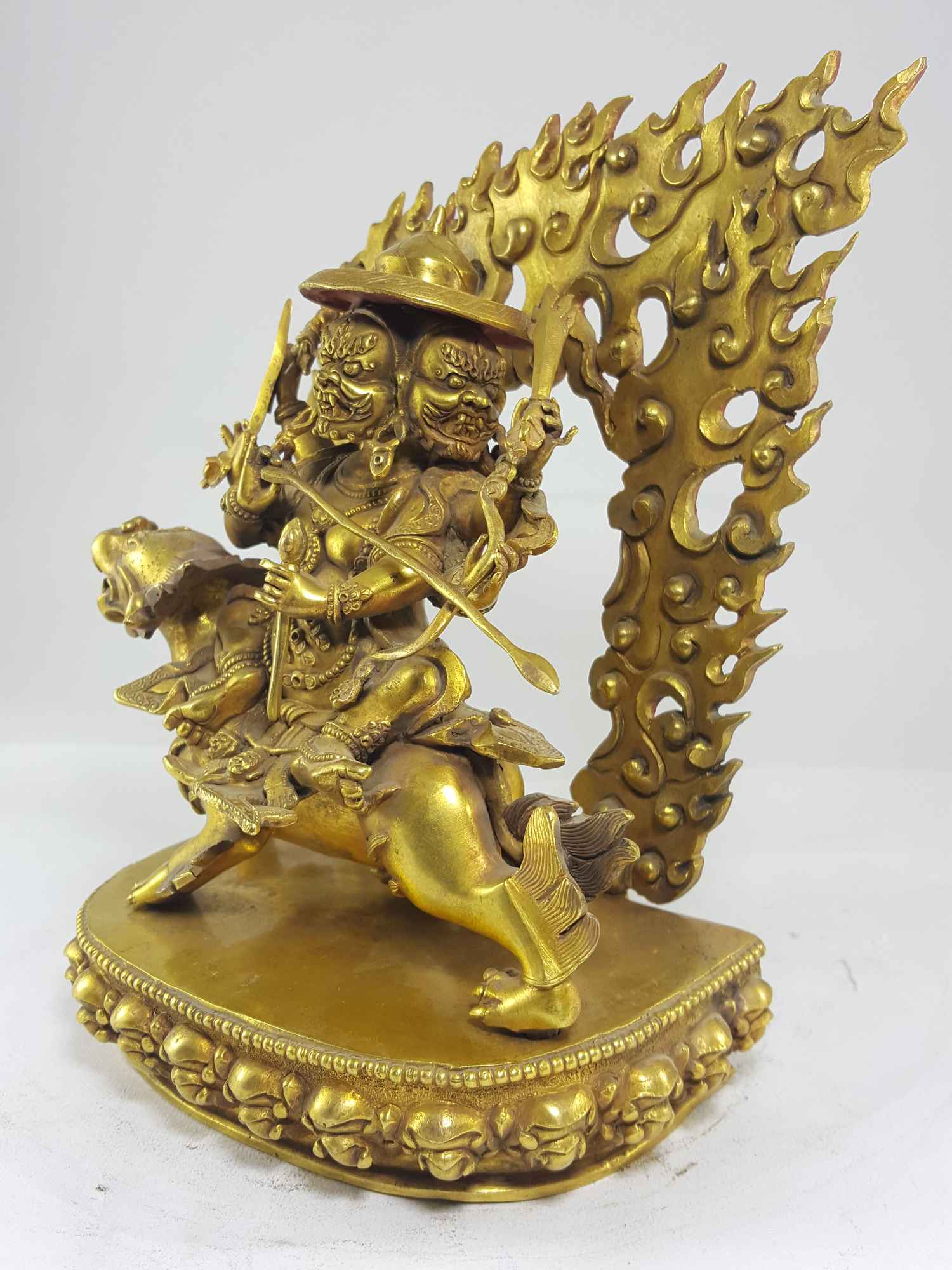 Master Quality Copper Statue Gyalpo Pehar
Master Quality Copper Statue Gyalpo Pehar 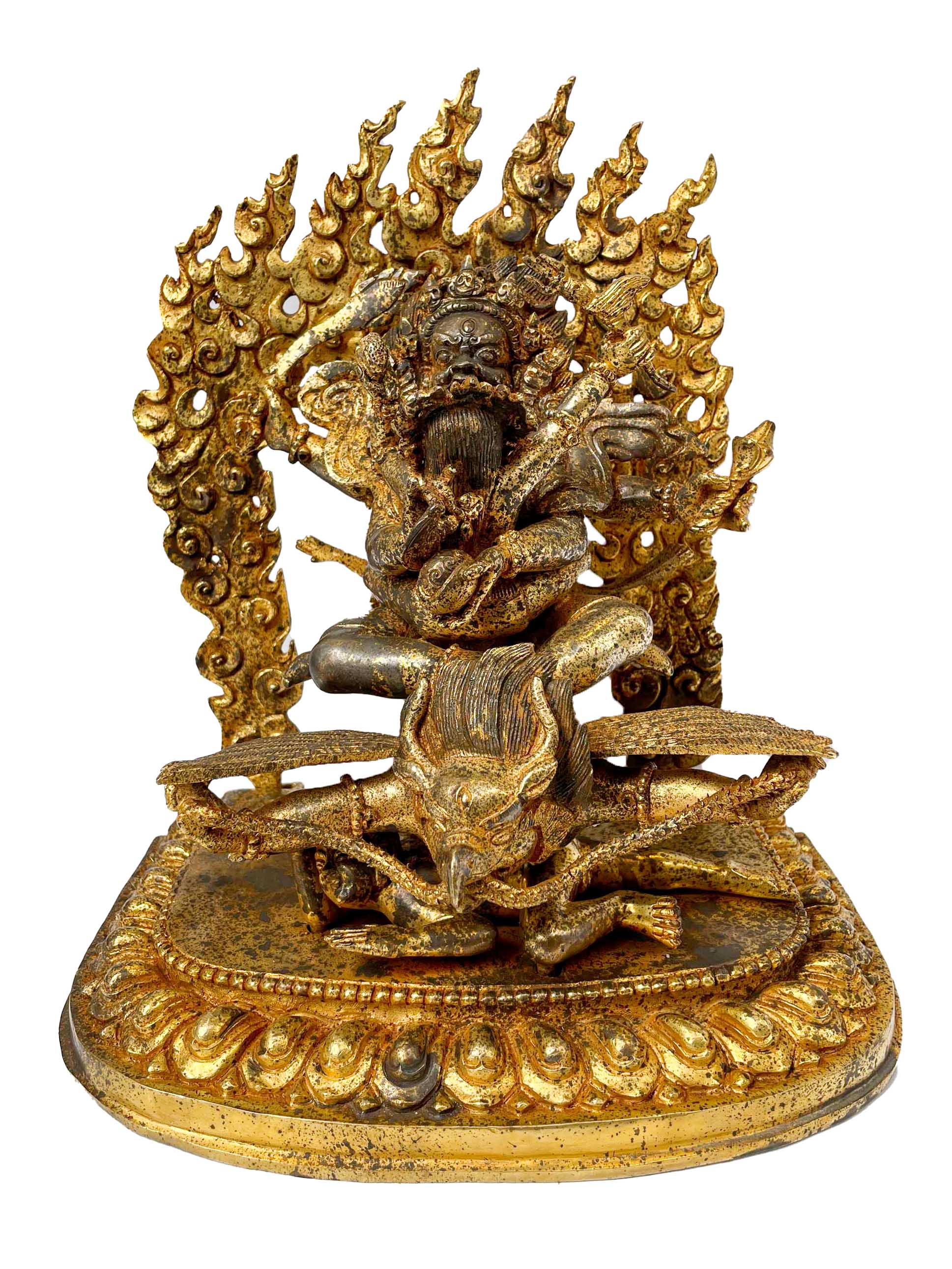 of Marutse,
of Marutse, 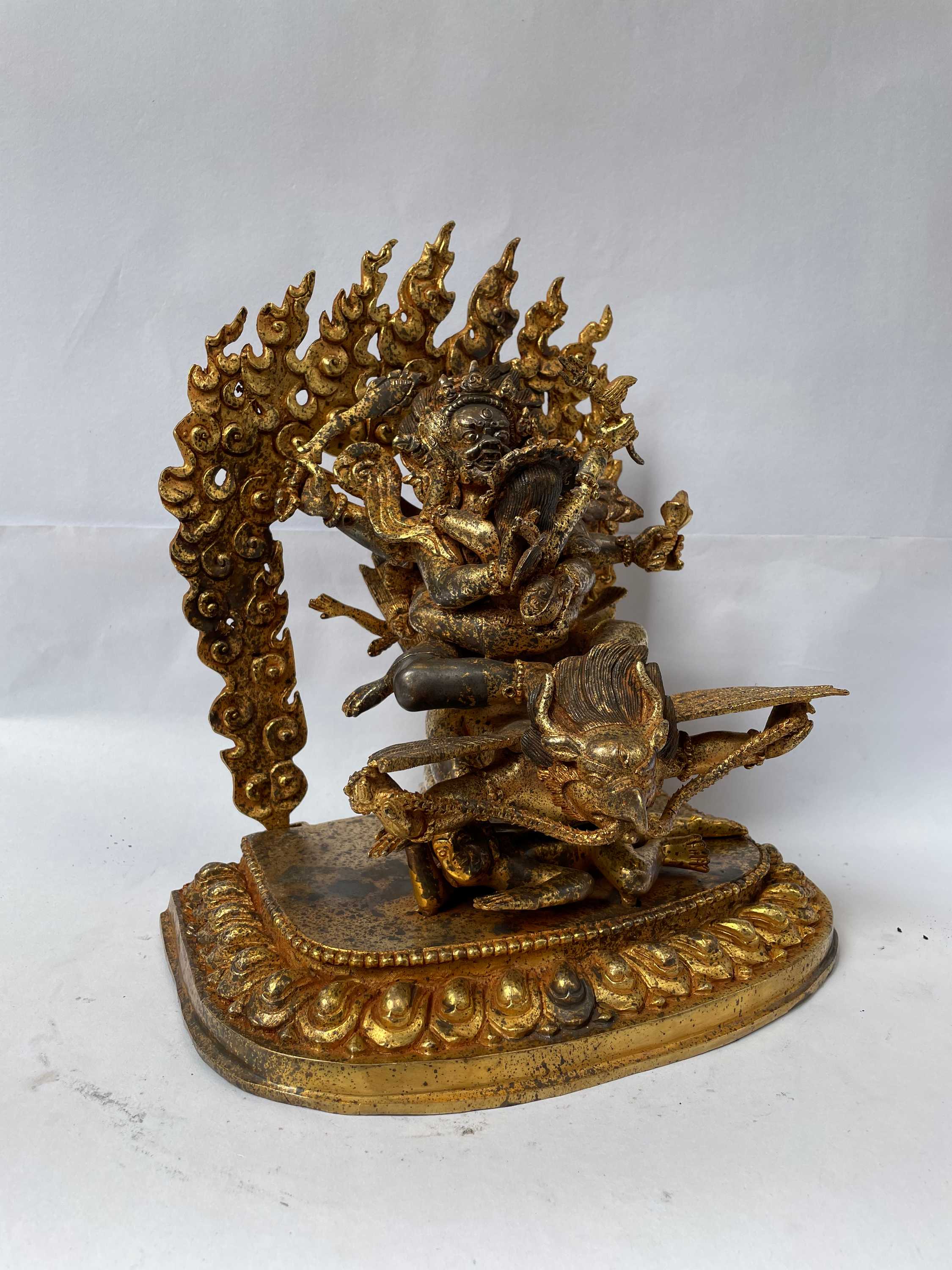 of Marutse,
of Marutse,